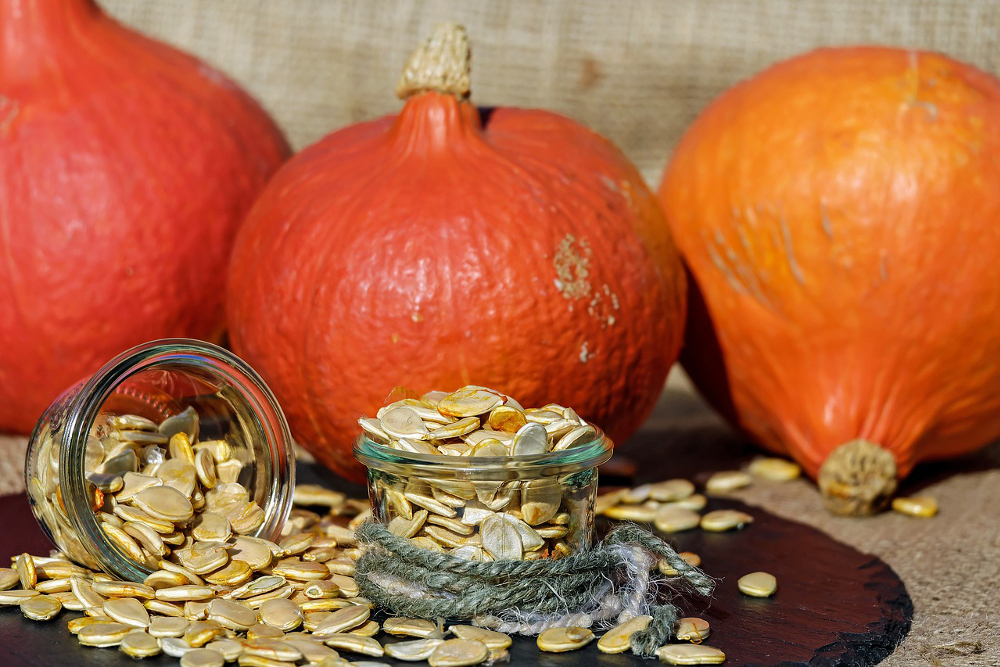
Tanzanian Farmers are Facing Heavy Prison Sentences if They Continue Their Traditional Seed Exchange
In order to get developmental assistance, Tanzania amended its legislation, which should give commercial investors faster and better access to agricultural land as well as a very strong protection of intellectual property rights.
December 7, 2016 | Source: Mondiaal Nieuws | by Ebe Daems
In order to receive development assistance, Tanzania has to give Western agribusiness full freedom and give enclosed protection for patented seeds. “Eighty percent of the seeds are being shared and sold in an informal system between neighbors, friends and family. The new law criminalizes the practice in Tanzania,” says Michael Farrelly of TOAM, an organic farming movement in Tanzania.
In order to get developmental assistance, Tanzania amended its legislation, which should give commercial investors faster and better access to agricultural land as well as a very strong protection of intellectual property rights.
‘If you buy seeds from Syngenta or Monsanto under the new legislation, they will retain the intellectual property rights. If you save seeds from your first harvest, you can use them only on your own piece of land for non-commercial purposes. You’re not allowed to share them with your neighbors or with your sister-in-law in a different village, and you cannot sell them for sure. But that’s the entire foundation of the seed system in Africa’, says Michael Farrelly.
Under the new law, Tanzanian farmers risk a prison sentence of at least 12 years or a fine of over €205,300, or both, if they sell seeds that are not certified.
‘That’s an amount that a Tanzanian farmer cannot even start to imagine. The average wage is still less than 2 US dollars a day’, says Janet Maro, head of Sustainable Agriculture Tanzania (SAT).
Under pressure of the G8
Tanzania applied the legislation concerning intellectual property rights on seeds as a condition for receiving development assistance through the New Alliance for Food Security and Nutrition (NAFSN). The NAFSN was launched in 2012 by the G8 with the goal to help 50 million people out of poverty and hunger in the ten African partner countries through a public-private partnership. The initiative receives the support of the EU, the US, the UK, the World Bank and the Bill & Melinda Gates Foundation.
